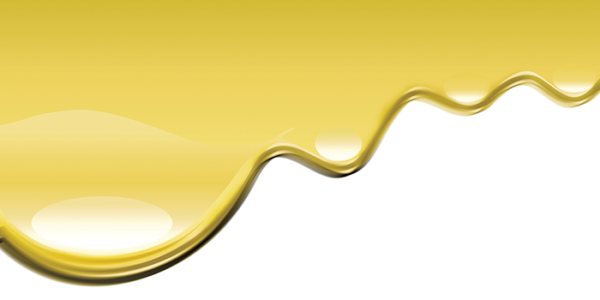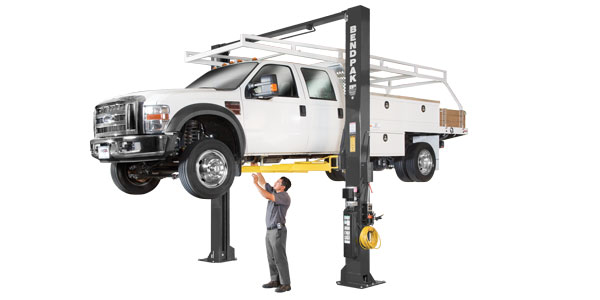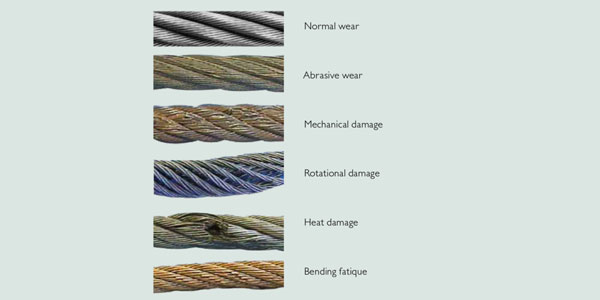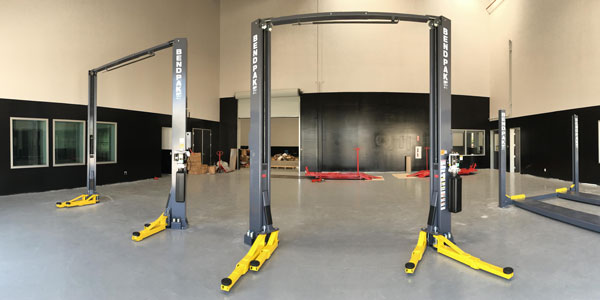Winter may be winding down in some parts of the country, bur some fleets may still find these tips from the “Power Fleet” section of Penray’s website (www.penray.com) useful.
As you know, diesel fuel solidifies in winter weather. Fleets may experience an inconvenient, expensive engine shut-down unless they take preventative steps! Diesel fuel contains paraffins, similar to the wax candles are made from.
When the paraffin cools it solidifies into a light yellow or white wax, plugging fuel filters and choking your fuel system. Water in fuel can be a problem at even mild winter temperatures, causing a problem of ice formation in the filters. If it seems like you’ve seen, heard of, and even experienced more of these problems recently than in years past, you’re right. The new legal requirement in North America that diesel fuel be processed to limit its sulfur content dramatically affected the fuel chemistry. There have been higher concentrations of water in fuel, too.
Many companies have reformulated their products to address the low sulfur fuel chemistry. Such reformulations typically include increasing the water-dispersion chemistry and adding a broader range wax modifying package. This chemistry both retards wax crystal formation and disperses the tiny wax particles in the fuel to improve filterability and cold filter plug point.
Winterizing steps
1. Dry out the system. Before the hard winter sets in, dry your fuel system with a water-removing fuel additive. These are very inexpensive, isopropanol additives that remove any existing water from your fuel system.
2. Change the fuel filter. Install a fresh, clean fuel filter. An old fuel filter will plug much faster than a new one.
3. Use a Winter additive. Treat your fuel with a winter fuel treatment. These products address both water and wax in the fuel. They are inexpensive and effective cold weather aids.
4. Carry an emergency treatment. If you follow the above steps, you won’t likely need it, but you may come across someone on the side of the road that does! An emergency diesel fuel thawing treatment thaws gelled fuel and prevents fuel re-gelling and waxing with a pour point depressant/wax crystal modifier. These products restore fuel flow and stop fuel icing via isopropanol and a water dispersant.
5. Inspect fuel lines and heaters. Check your fuel lines and heaters for proper operation and blockages. If you have separate fuel lines to your heater, consider that it has been off all summer. It is wise to check it out.





